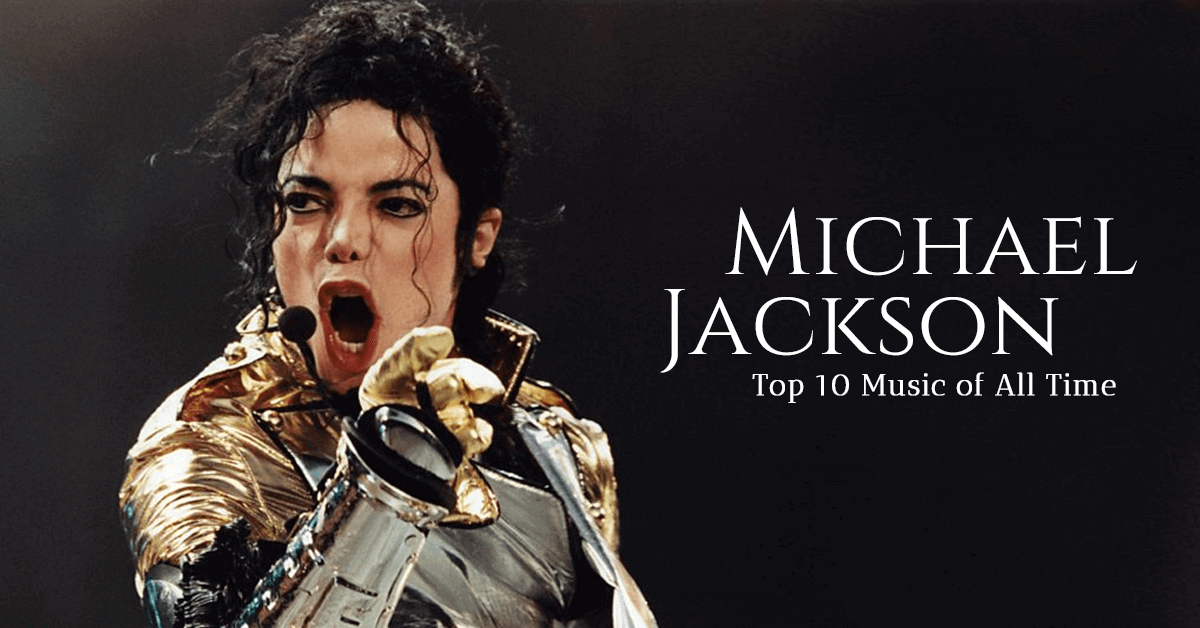
:max_bytes(150000):strip_icc()/GettyImages-88687494-58b8b2733df78c353cf7fa58.jpg)
And as for Nottage and Wheeldon, they’re now under a moral obligation to at least partly sink their teeth into the hand that feeds them.A North American tour of MJ, the Broadway musical about Michael Jackson, will launch at Chicago's James M. If they’re smart, they’ll let these two do what they feel they should. On the other hand, what choice does the estate have?įrom its point of view, cancellation would be far worse, putting a chill on the Jackson brand that might last for decades or forever. If the Jackson estate actually allows Nottage and Wheeldon to even hint at anything in “Leaving Neverland” in “Don’t Stop ‘Til You Get Enough,” that would make this the most remarkable jukebox musical in the history of Broadway. In Broadway biographies, peccadilloes and mistakes sometimes get a brief airing (as in “Summer, the Donna Summer Musical,” involving the subject’s controversial comments about gays), but they are quickly resolved. That is a very reasonable position.Ĭertainly, no jukebox show authorized by a living artist or an estate has ever dealt with anything quite like this. Many people now feel that it is inappropriate, given these allegations, to dance or sing along with music inherently tainted by biography. The second is that for “Don’t Stop ‘Til You Get Enough” to be a hit, it will have to rely on Jackson fans, and it will have to give them a good time. Is it really going to allow any suggestion otherwise in the final product? There is no evidence that it will. One is that the permission, the dispensing of grand rights, and much of the content of the artists’ paychecks, is coming from an estate that does not share this view, at least in public. Still, I’ve been wrestling mightily with whether I think these are fair arguments - as distinct from rationalizations from otherwise progressive artists now in a difficult set of circumstances - and whether it is even remotely possible for a musical featuring Michael Jackson songs to be, in Wheeldon’s words, “a show that’s balanced.“ I’ve long argued to young writers that critics should always be on the side of complexity and resist binary thinking, life being otherwise and human flaws and hidden agendas existing at every turn. Nottage: “I see the artwork that we’re making as a way to more deeply understand Michael Jackson and process feelings, and ultimately that’s what theater can do.” Wheeldon: “This is obviously challenging - it makes this not without its complications, for sure - but part of what we do as artists is we respond to complexity.” And for those who argue for so-called “cancellation,” it is the future work that is the more egregious. in the past, and another surrounding what he should or should not do be allowed to do in the future. There is one set of arguments surrounding the dispensation of Louis C.K. So wherever you stand on this issue, their persistence is logical.Īnd it explains why, say, Louis C.K. If “Don’t Stop” were to be cancelled, it would put a chill on any and all future Jackson projects. Estates, though, are trusted with both curating and maximizing creative projects building on the work of deceased artists, further defining their legacy. It is one thing to argue that the brilliant artistry of, say, Jackson’s album “Off the Wall” is not invalidated by the artist’s personal behavior, but another to actually create a whole new work around his brand.

In this case, the Jackson musical is yet unfinished. Whatever the truth, the timing was certainly striking.īut those are works in the past. However, the producers of the show, which include the Jackson estate, claimed that the cancellation was a result of a workshop session being delayed by a now-resolved dispute involving Actors Equity. That engagement subsequently was cancelled, seemingly in the immediately wake of the HBO documentary “Leaving Neverland,” wherein two adult males, Wade Robson and James Safechuck, claimed, in withering detail, that the so-called King of Pop had abused them at his Neverland ranch when both were underage boys. 23 that the Broadway-bound musical, a jukebox biography focused around Jackson’s “Dangerous” world tour, would try out in Chicago this fall. It’s fascinating and has implications far beyond Jackson and his legacy.įirst, let’s review. Its creators are using what I’ll call the complexity defense. Incredibly, the dangerously titled Michael Jackson musical, “Don’t Stop ‘Til You Get Enough,” is moving forward in New York.


 0 kommentar(er)
0 kommentar(er)
